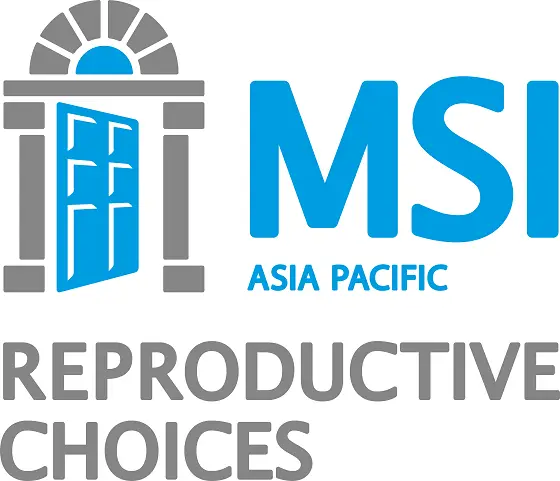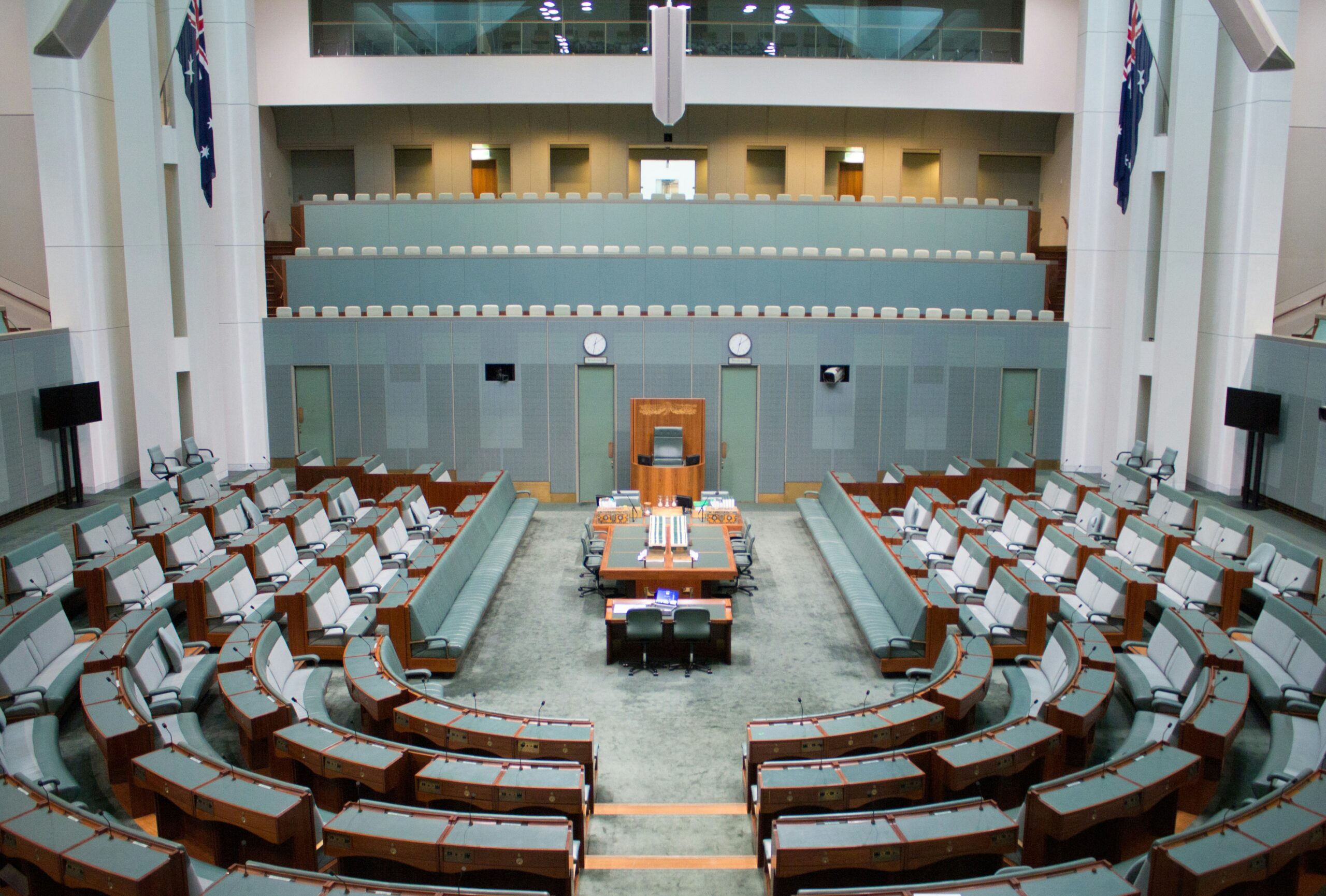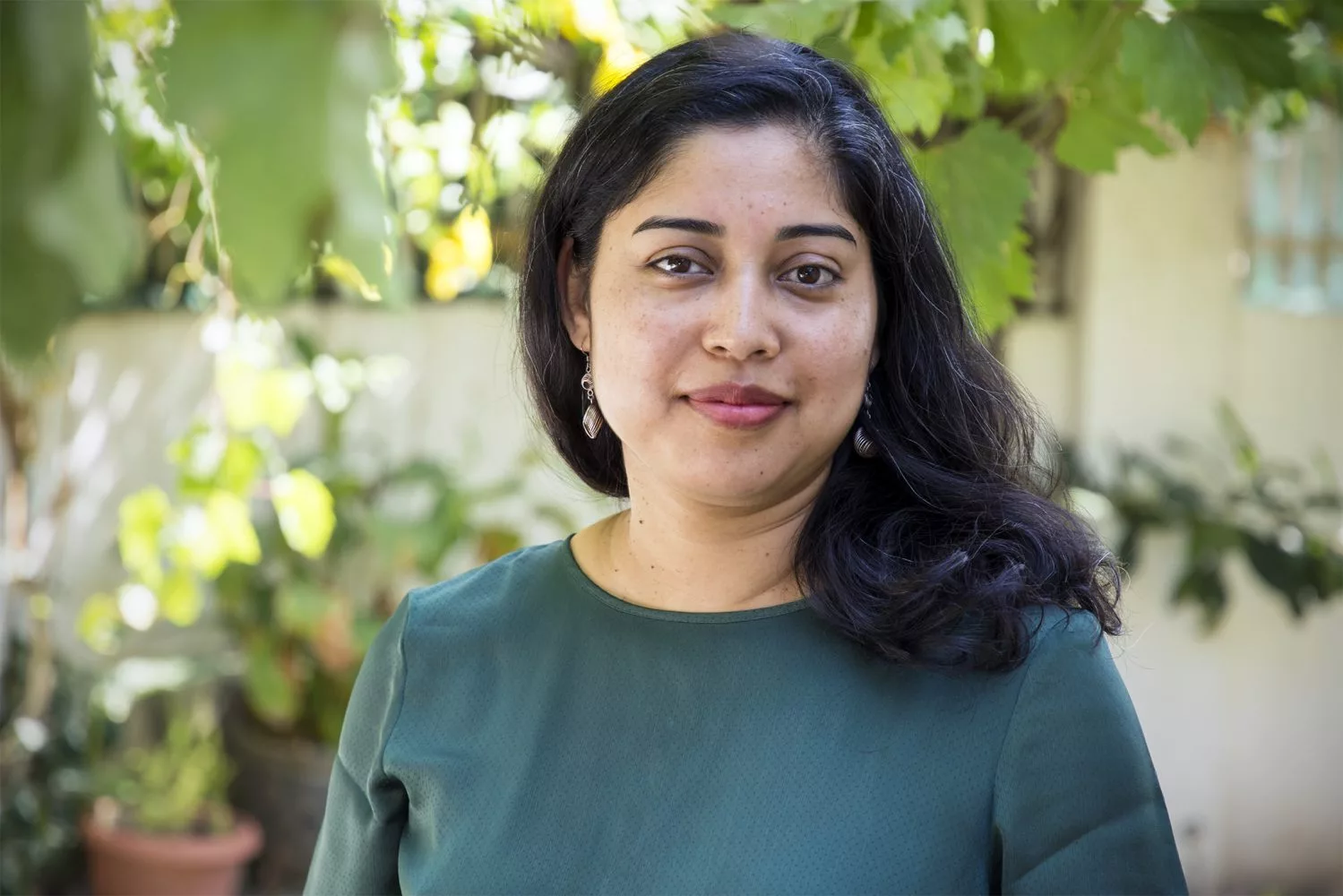On Tuesday, May 25, Federal Treasurer Jim Chalmers delivered the Federal Budget, outlining what Australians can expect from government spending in the upcoming financial year. This investment is largely in the Asia Pacific region, where many of our closest neighbours experience alarmingly high rates of poverty and inequality.
From our own work, we know that around 55% of the global unmet need for contraception is in the Asia and Pacific region. Rates of gender-based violence across the region are also high. Women in the region still face significant barriers to accessing healthcare, education, and financial security. Marginalised groups, such as people with disabilities, face additional barriers.
Upholding Overseas Development Assistance
The international development budget has increased to its highest ever figure, at AU$5.1 billion – up by $135.8 million from last year. However, in terms of ODA to GNI and as a percentage of the Federal Budget, it is at its lowest level ever.
MSI Asia Pacific is a member of the Australian Council for International Development’s campaign, Safer World For All, which calls on our nation’s leaders to act now to ensure a safe and healthy future for people everywhere. Localisation of these efforts ensures that interventions are self determined, effective and lead to intergenerational change.
Responding to Global Aid Cuts
The Australian aid budget is currently at the lowest point it has ever been as a percentage of the Federal Budget, despite growing needs and substantial cuts to global aid contributions. Many traditional donors, such as Germany, the UK, and the USA, have reduced their aid budgets significantly.
“In these uncertain times, we are making sure Australia’s development assistance is going to the Pacific and Southeast Asia, where Australia’s interests are most at stake.” Penny Wong, Foreign Minister.
Amidst these global cuts, Australia remains a reliable partner, providing stability and continuity when others are not. Firm funding commitments and priorities to reduce the impacts of USAID cuts feature in this budget alongside careful repurposing of the final quarter of the 2024-2025 budget.
Protecting Regional Health and Wellbeing
The Australian Government has maintained the Health Security Initiative for the Indo-Pacific Region in the 2025-2026 Federal Budget. The budget asserts commitment of $81 million regional health resilience package over three years, building on the Partnerships for a Healthy Region initiative. Together with philanthropic donors, these Government investments enable MSI Asia Pacific to resource sexual and reproductive health care in the Asia Pacific region.
The 2025 Budget will assist Pacific and Southeast Asian nations to continue their ability to prevent, detect and respond to disease outbreaks, while maintaining essential services for HIV and tuberculosis, maternal and child health, family planning, and sexual and reproductive health, at a time when health programming is being cut across the region. This will maintain urgently needed funding for health services in the Pacific and Southeast Asia, including abortion and contraception care.
Gender equality and the prevention of Gender-Based Violence
Gender equality remains a feature in the 2025-2026 Federal Budget, with investments aimed at improving access to healthcare, education, and financial security for women and girls in the Asia Pacific region.
The Australian Government allocated $20 million in the 2025-2026 Federal Budget to support gender-based violence prevention through a five-year project targeting the Southeast Asia region. Preventing and responding to gender-based violence requires a collaborative approach, as this violence impacts women and girls in complex ways across many facets of their lives.
Disability Equity and Rights
The Australian Government is supporting disability equity and rights through a funding boost for the Disability Inclusive Development Fund in the 2025-2026 Federal Budget. This will primarily support increased access to assistive technologies, such as hearing and mobility aids, for children with disabilities in the Pacific.
Disability inclusion is a key priority for MSI. Through staff development, partnerships with disabled people’s organisations, targeted communications, and fee waivers for people with disabilities wherever possible, we are working to ensure our services are truly accessible to all.
Cancer Prevention and Cancer Care
The 2025-2026 Federal Budget addresses cancer prevention and care, with increased funding for early detection programs, treatment facilities, and research initiatives in the Asia Pacific region.
Cancer remains a leading cause of death, and timely access to preventive measures and treatment is essential. The Australian Government’s commitment to enhancing cancer care infrastructure will help improve survival rates and quality of life for those affected by cancer.
Climate Change and Health
Climate change significantly impacts health, particularly in vulnerable regions like the Asia Pacific. The budget includes grant-based funding for Pacific adaptation projects and more flexible financing options to support mitigation efforts in Southeast Asia, however this is a drop in the ocean of climate financing, the need for which will only increase in coming years.
Women and girls are especially susceptible to the effects of climate disasters, which can lead to forced marriages, sexual violence, unintended pregnancies, and more. Ensuring timely access to sexual and reproductive healthcare in climate-affected areas is crucial.
Humanitarian Care
The Humanitarian Emergency Fund of $150 million will continue to support our response to protracted crises and rapid onset emergencies. Australia will invest an additional $11.5 million in strengthening the global humanitarian system, which is timely in the face of a shifting global context.
A $370 million multi-year package will address escalating humanitarian need in Myanmar and continue to support more Rohingya refugees and their host communities in Bangladesh.
Looking Forward
In a challenging economic environment, the Australian Government’s Overseas Development Assistance allocation in the 2025-2026 Federal Budget continues to prioritise investments where they are most needed and most impactful. Into the future, we hope to see Overseas Development Assistance packages that not only keep pace with inflation but respond to the growing need for climate resilience and humanitarian support.
We also look forward to the publication of the Australian Government’s pending international development policy on LGBTIQA+ equity, alongside the budget investment . These focuses are critical in ensuring safety and wellbeing for all.
Notably, over half of the world’s 1.8 billion young people live in the Asia Pacific – an opportunity to invest early in the health, resilience, and prosperity of the region. Sexual and reproductive healthcare and rights are crucial to achieving this. Localisation of these efforts ensures that interventions are culturally sensitive and effective in addressing the unique challenges faced by different communities.
In partnership with the Australian Government, we welcome the opportunity to collaborate across donor cohorts and borders to uphold global health infrastructure. We hope to achieve a Safer World for All, and where every child is by choice, not by chance.
MSI Asia Pacific is a member of the Australian Council for International Development’s campaign, Safer World For All, which calls on our nation’s leaders to act now to ensure a safe and healthy future for people everywhere. Learn more here.



